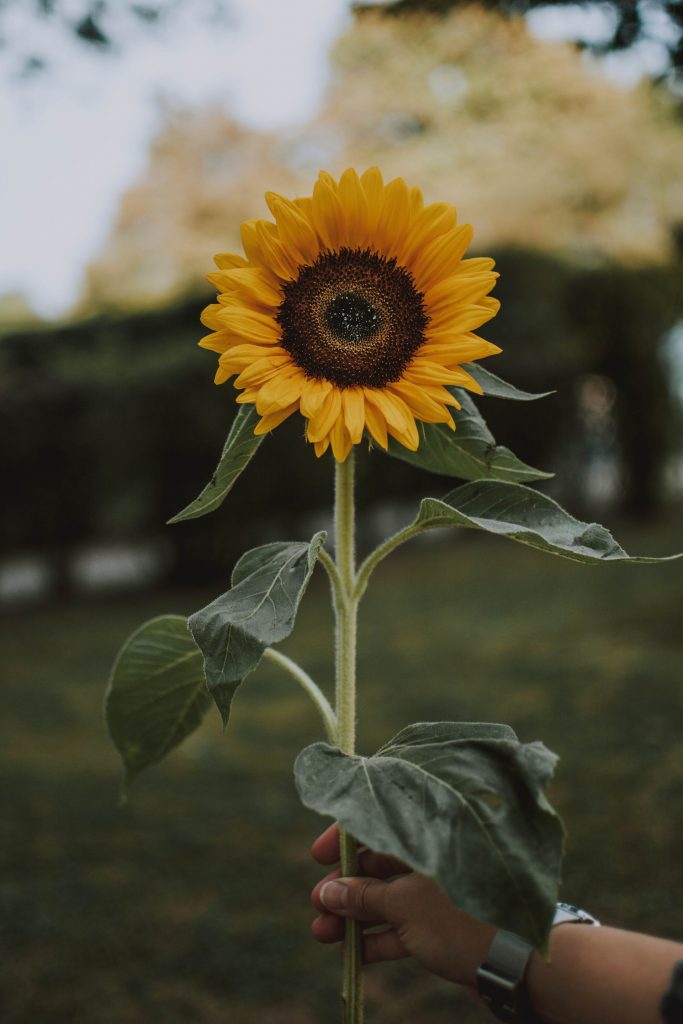Annual plants are species that complete their life cycle in one growing season, from germination to the production of seed. This is in contrast to perennial and biennial plants, which have life cycles that span multiple years.
The length of a growing season can vary greatly depending on the region. For example, in a temperate region like the Midwestern United States, the growing season might last from April to October, roughly six months. However, in warmer, tropical regions, the growing season can be year-round.
The defining characteristic of annual plants is their short but intense life cycle. These plants put all their energy into growing quickly and producing as many seeds as possible in a short amount of time. This strategy is particularly effective in environments with harsh conditions or short growing seasons.
In contrast, perennial and biennial plants have longer life cycles and grow more slowly. They invest their energy in sturdy roots and stems that can survive over the winter or dry seasons. These plants produce fewer seeds, but they have a higher chance of surviving to reproduce again in subsequent years.
It’s difficult to determine visually whether a plant is an annual as many factors such as their growth habit, flower type, and leaf shape can vary widely among both annuals and perennials. However, annual plants often have a fast, vigorous growth and may produce a lot of flowers and seeds within a short period. Observation over a longer time period, noting whether the plant dies after flowering or persists over multiple years, can provide a clue. For a definitive identification, it’s best to refer to a reliable plant guide or consult with a horticulturist.
Understanding these differences can help gardeners and farmers choose the right plants for their needs. For example, annual plants are often used in agriculture because they can be planted and harvested in the same year. They are also popular in gardens for their vibrant flowers and rapid growth.
Here are some common annual plants along with a brief description of each:
- Marigold (Tagetes): Marigolds are a popular choice for gardens due to their vibrant orange and yellow flowers. They are easy to grow and are often used in borders or as companion plants due to their ability to repel certain pests.
- Sunflower (Helianthus annuus): Sunflowers are known for their large, bright yellow flowers. They grow quickly and can reach impressive heights. They are also cultivated for their seeds, which can be eaten or used to produce oil.
- Zinnia (Zinnia elegans): Zinnias are loved for their bright and varied colors. They are easy to grow from seeds and can thrive in hot, dry conditions.
- Morning Glory (Ipomoea): Morning glories are climbing vines with beautiful, trumpet-shaped flowers that open in the morning. They are fast growers and can quickly cover a trellis or fence.
- Corn (Zea mays): Corn is a staple crop grown around the world. It grows quickly during the warm summer months and is harvested in the fall.
It’s important to remember that each type of plant has its own unique needs and advantages. By understanding these differences, we can appreciate the diversity of plant life and make better choices for our gardens and farms.
Taking care of annual plants indoors involves several key steps. Firstly, ensure they are planted in pots with good drainage and high-quality potting soil. These plants often require a lot of light, so they should be placed near a window or under grow lights. Regular watering is essential, but be careful not to over-water as this can lead to root rot. It’s also important to feed the plants with a balanced fertilizer to promote growth and flowering. Finally, monitor the plants for pests and diseases and treat as necessary. To learn more about taking care of annual plants indoor check out this post.
This is just a brief overview of what annual plants are and how they differ from other types of plants. There is much more to explore in this topic, and we encourage you to delve deeper into the wonderful world of plants.



